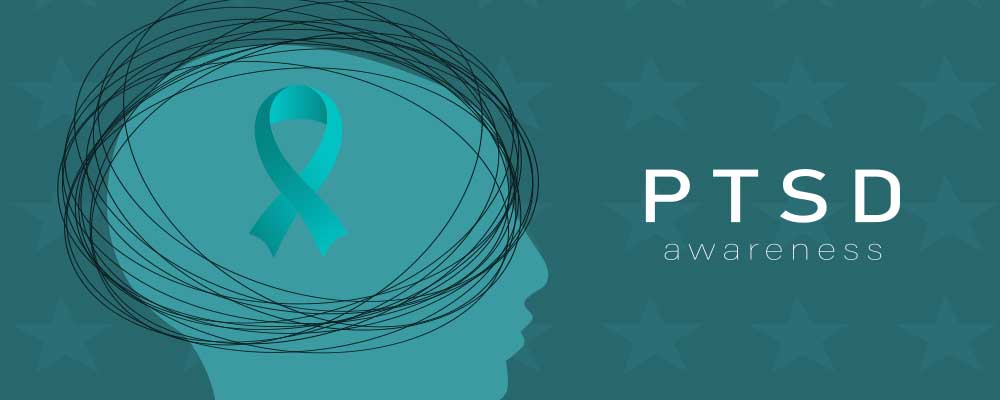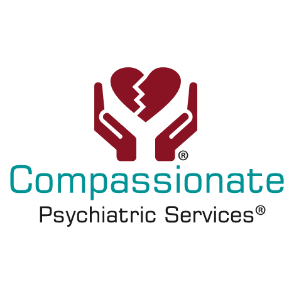Critical Symptoms, Severe Impact, and Cutting-Edge Modern Treatments Discover the Latest Innovations in PTSD Care and How They Can Transform Lives
Post-Traumatic Stress Disorder (PTSD) is a mental health condition triggered by experiencing or witnessing a traumatic event. Individuals with PTSD may experience intense, disturbing thoughts and feelings related to their experience long after the traumatic event has ended. These symptoms can significantly interfere with their daily lives, relationships, and overall well-being.
Breaking Down PTSD: The Four Major Symptom Categories
PTSD symptoms can vary widely but are generally grouped into four types:
Intrusive Memories
- Recurrent, unwanted distressing memories of the traumatic event
- Memories that haunt you like echoes, persistently resurfacing the trauma.
- Flashbacks, thrusting back into the heart of the trauma, as if time has folded upon itself.
Avoidance
- Trying to avoid thinking or talking about the traumatic event.
- Seeking refuge by avoiding the echoes of the past that lurk within familiar places, activities, and faces.
Negative Changes in Thinking and Mood
- Wrestling with self-doubt, skepticism toward others, and a negative worldview.
- Feelings of hopelessness about the future
- Memory problems, including not remembering important aspects of the traumatic event.
- Difficulty maintaining close relationships.
Changes in Physical and Emotional Reactions
- Being easily startled or frightened
- Always being on guard for danger
- Engaging in harmful behaviors like excessive drinking or reckless driving, risking one’s well-being in moments of distress.
- Trouble sleeping and concentrating.
Impact of PTSD:
The Far-Reaching Consequences of PTSD on Daily Life and Health
The impact of PTSD can be profound and pervasive. It can lead to:
- Impaired Daily Functioning: Difficulty maintaining employment, attending school, or managing daily responsibilities.
- Relationship Problems: Struggles in maintaining healthy relationships with family and friends.
- Mental Health Issues: Increased risk of depression, anxiety, substance abuse, and suicidal thoughts or actions.
- Physical Health Problems: Chronic pain, heart disease, and other stress-related health issues.
Modern Treatments for PTSD: Innovative Approaches to Alleviating PTSD Symptoms
While traditional therapies like cognitive-behavioral therapy (CBT) and medications such as SSRIs have been standard treatments for PTSD, modern approaches have shown promising results. These treatments include SPRAVATO (esketamine), Transcranial Magnetic Stimulation (TMS), Magnetic e-Resonance Therapy (MeRT), and Ketamine infusions. Here’s an overview of how each treatment works and the benefits they offer:
SPRAVATO (Esketamine)-
SPRAVATO is a nasal spray containing esketamine, a derivative of ketamine. It works by modulating the glutamate system in the brain, which is thought to play a role in mood regulation.
Benefits of SPRAVATO Treatment
- Rapid Relief: Provides quick reduction in PTSD symptoms, often within hours.
- Adjunctive Therapy: Can be used alongside other treatments for enhanced effectiveness.
- Reduces Suicidal Ideation: Particularly beneficial for patients with severe depression and suicidal thoughts.
Transcranial Magnetic Stimulation (TMS)
TMS is a non-invasive procedure that uses magnetic fields to stimulate nerve cells in the brain, specifically targeting areas involved in mood regulation.
Benefits of TMS Treatment
- Non-Invasive: No surgery or anesthesia required.
- Minimal Side Effects: Patients typically experience only mild discomfort at the treatment site.
- Effective for Resistant Cases: Helpful for individuals who do not respond to medication or traditional therapy.
Magnetic e-Resonance Therapy (MeRT)
MeRT is a specialized form of TMS that combines magnetic stimulation with EEG (electroencephalogram) data to tailor treatments to the individual’s brainwave patterns.
Benefits of MeRT Treatment
- Personalized Treatment: Customized to the patient’s specific brain activity for optimal results.
- Improves Cognitive Function: Enhances not just mood but also cognitive abilities.
- Non-Invasive and Painless: Similar benefits to TMS with added customization.
Ketamine Infusions
Administered intravenously, ketamine is believed to rapidly reset certain neural pathways, providing quick relief from depressive symptoms.
Benefits of Ketamine Treatment
- Rapid Onset: Significant symptom reduction within hours.
- Effective for Severe Cases: Useful for patients with treatment-resistant PTSD and depression.
- Enhances Neuroplasticity: Promotes brain plasticity, potentially improving cognitive flexibility and resilience.
Group Therapy
Group Therapy provides a unique environment where participants can connect with others facing similar challenges, fostering a sense of community and understanding. The sessions allow you to better cope with common mental health disorders, such as:
- Depression
- Anxiety
- Substance abuse disorder
- Post-traumatic stress disorder (PTSD)
- Obsessive-compulsive disorder (OCD)
- Eating disorder
- Attention-deficit hyperactivity disorder (ADHD)
- Ongoing stress
- Schizophrenia
PTSD is a complex and challenging disorder that affects millions of individuals worldwide. Understanding its symptoms and impact is crucial for seeking appropriate treatment. Modern treatments like SPRAVATO, TMS, MeRT, and Ketamine infusions and Group Therapy offer hope for those struggling with PTSD, providing rapid and effective symptom relief. Each of these treatments brings unique benefits, helping patients regain control of their lives and work towards recovery.
If you or someone you know is suffering from PTSD, consider discussing these innovative treatment options with a healthcare professional. For more information and personalized care, contact Compassionate Psychiatric Services (CPS) to learn more about their comprehensive and compassionate approach to treating PTSD. Reach out to Compassionate Psychiatric Services (CPS) at their Southlake or Frisco, Texas locations today and take the first step towards healing and reclaiming your life.



